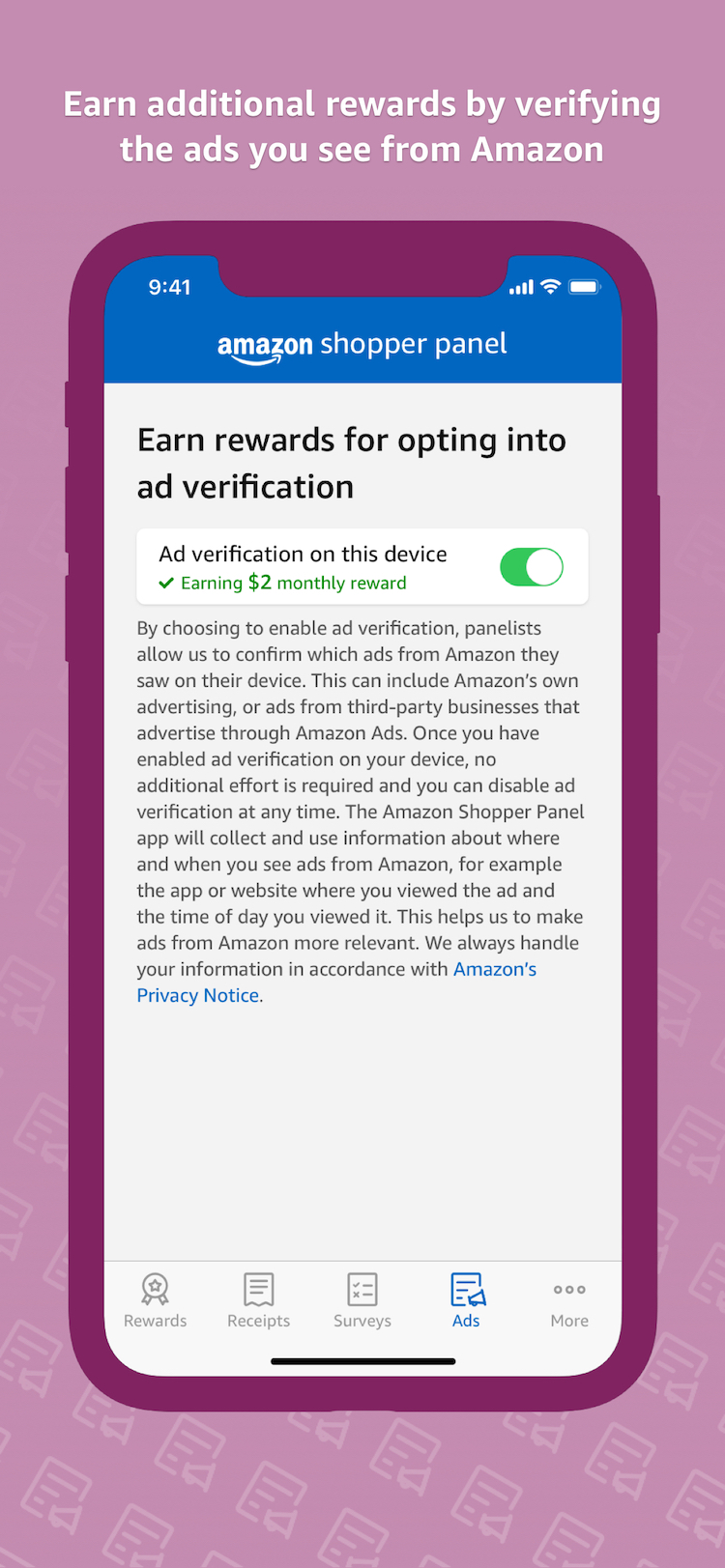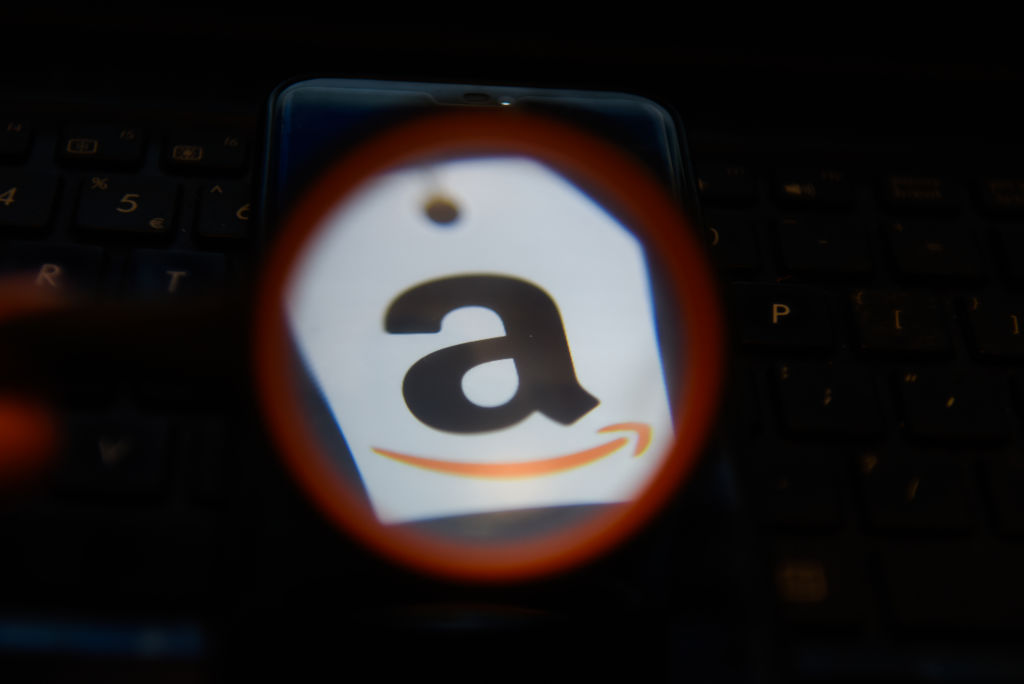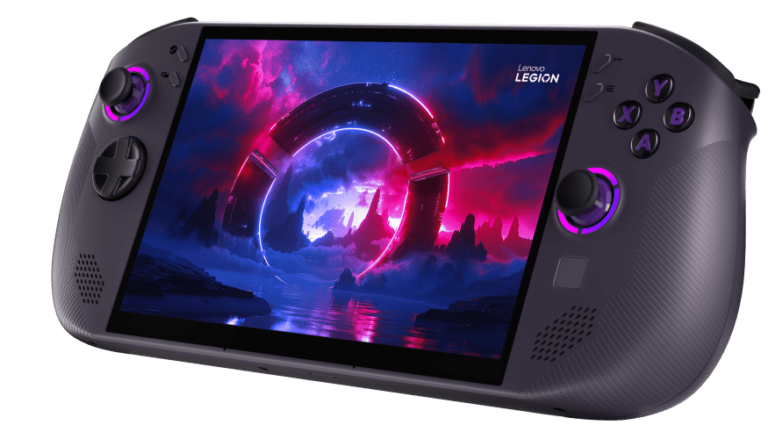Amazon has gotten flak for how it handles user and partner data, but that hasn't stopped it from launching a program that openly pays to stalk opt-in participants' smartphone traffic. The ad-verification scheme is similar to demised programs from other tech giants, like Google, and gives Amazon access to members' phone data to learn about how they interact with advertisements.
As reported by Insider on Monday, Amazon is now offering payment for ad verification to members of the Amazon Shopper Panel, an invite-only reward program available to US and UK Amazon customers.
As per an image shared on the Shopper Panel's website, users can opt in to ad verification, which lets Amazon "confirm which ads from Amazon they saw on their device. This can include Amazon's own advertising or ads from third-party businesses that advertise through Amazon ads."

Those who opt in give the Amazon Shopper Panel App Store and Play Store apps permission to "collect and use information" about the websites and time of day where you view ads on your smartphone.
"Your participation will help brands offer better products and make ads from Amazon more relevant," Amazon's Shopper Panel page says.
Amazon's broader Shopper Panel program lets invited participants acquire monthly rewards by sending Amazon pictures of recent receipts and taking surveys. The program is only available to a "limited number of Amazon customers," but if you're not invited, you can join a waitlist.
Little money, considerable risks
Amazon's ad verification program sees the company being somewhat open about prying into members' phones and even offering compensation. But if $2 doesn't sound like a lot of money (it isn't), it sounds like real chump change considering the general privacy risks associated with basically handing over one of your most-, if not your top-, used personal devices to any company, let alone one like Amazon.


 Loading comments...
Loading comments...
